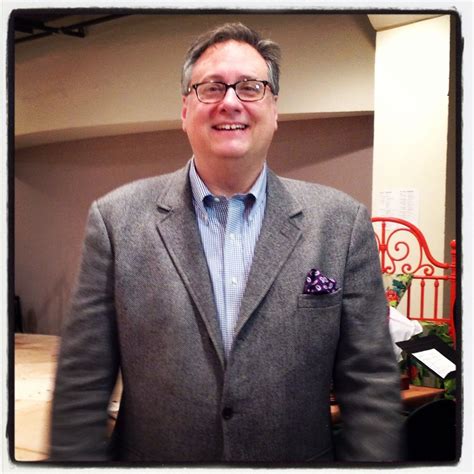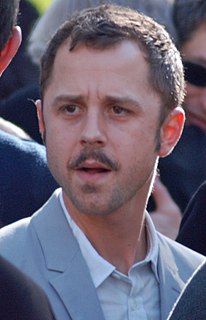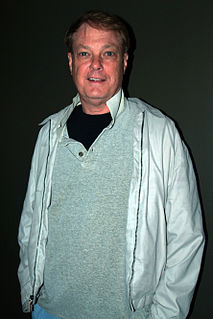A Quote by Kieran Culkin
I see Igby as my first movie as an adult, and it's a big deal for me because I really, really like the film.
Related Quotes
The whole first movie [Twilight] was pretty fun. I had never really done a movie like it, when there's such a big cast of people that are around about the same age. Everyone didn't really know what was going to happen with the movie, but there was a good energy. There was something which people were fighting for, in a way. They wanted it to be something special. None of us were really known then, as well. It felt like a big deal, at the time.
A lot of people in the WWE try to paint themselves as outlaws and rebels and I really honestly believe I'm the only one left. I always do what I want and I never get any flack for it. I don't know if it's because they know they're not gonna win, or it's not worth fighting me over. Plus I don't see what the big deal is about me wearing a Cabana shirt. The guy should be working there, first of all, and it's promoting my friend. I don't see what the big deal is.
For some reason, my main movie, Lady Sings the Blues, to me really isn't me. I really can let go of Diana Ross when I see the movie. I'm really objective when I'm watching it. I liked that movie so much. That movie was like magic so that when I'm looking at it I'm really not seeing myself, I'm seeing the actress. I'm seeing another person, not the me of me.
It's basically how I choose movie roles. Would I like to see this movie? Is this movie important? Why would I do this? And Headhunters is a movie that I would like to see in the cinema. And when it's sold to 50 countries or whatever, for me it's a great deal. I make movies for an audience so if that audience grows, I feel really honoured and thankful for it.
When we wrapped Resident Evil, we were a 3D movie, but it was no big deal. And then, Avatar came out and the whole of Hollywood was like, "Look at these grosses! 3D is huge. Let's all be 3D!" We just got on with doing what we were doing, which was making what we think is a really quality, kick-ass 3D movie, and we'll really be the first live-action 3D movie of the year.
Roger Ebert was such a champion of underrepresented filmmakers. He was a very big deal to me. It shows the power of critics. People who write about film, like you, can really affect the confidence of a young filmmaker. He did that for me, so it was such a pleasure to have an opportunity to talk about Roger in the movie.
I like the idea of seeing a film that has the artist's hand in there,a film where you can see his strokes, you can see his working patterns. It's like going to a museum and seeing a Renoir drawing. You want to see their work and you want to see how they put it together. For me to see that in animation is really fresh, it's really exciting, it's really original.
When you're on a lower-budget film, with one guy who maybe has a camera strapped to him, you're a much bigger part of that pie. You can be a sliver in a big Hollywood movie, but you can be a quarter of that indie movie pie. And I feel like, first of all, there is a real freedom that you feel from that, because it's like, you know what, if this is terrible, nobody's gonna ever see it, so I can be more brave.
The whole first movie [Twilight] was pretty fun. I had never really done a movie like it, when there's such a big cast of people that are around about the same age. Everyone didn't really know what was going to happen with the movie, but there was a good energy. There was something which people were fighting for in a way. They wanted it to be something special. Also, none of us were really known then as well.


































